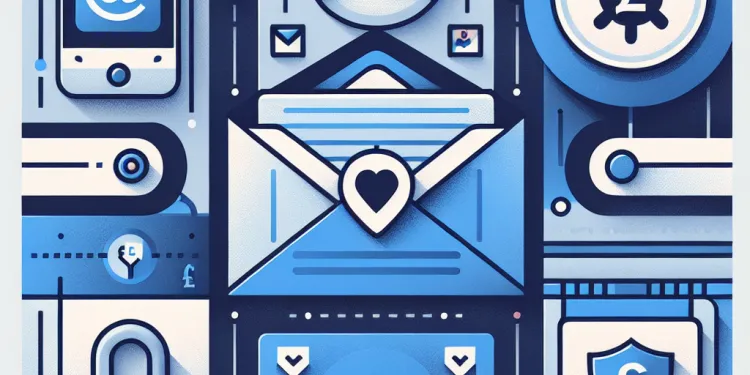
Find Help
More Items From Ergsy search
-
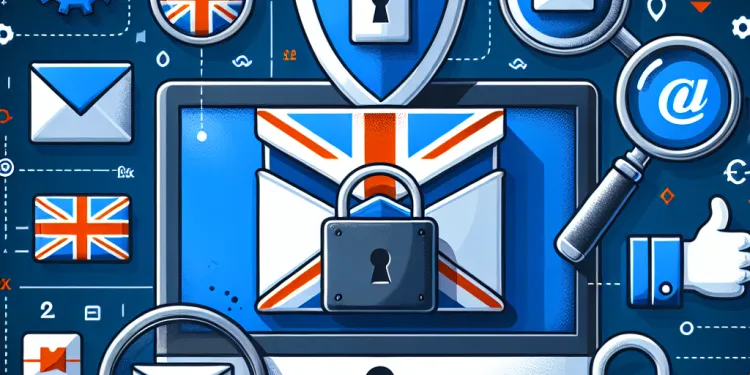
What are some signs that my email might be hacked?
Relevance: 100%
-
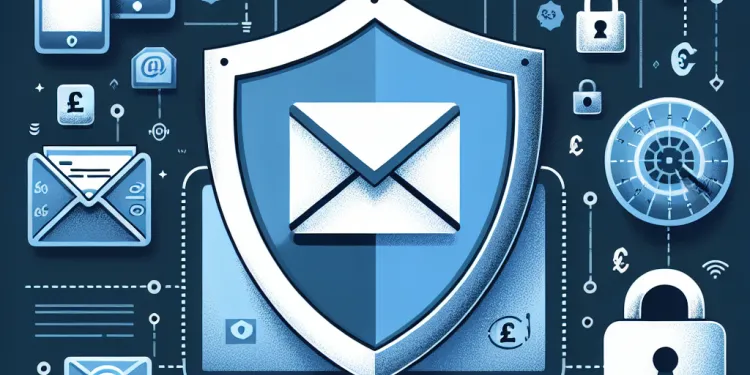
What is the risk of my contacts being compromised if my email is hacked?
Relevance: 99%
-
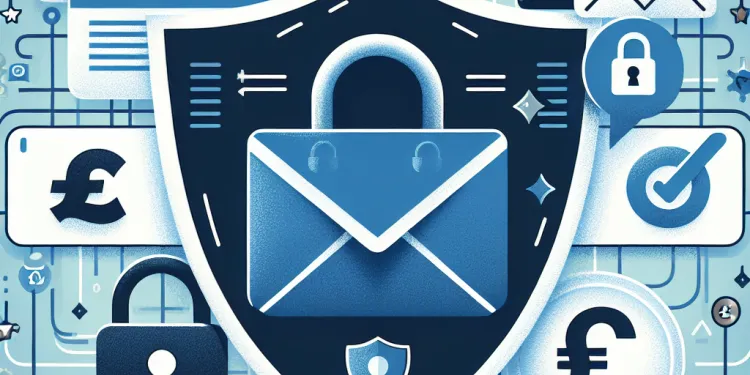
Should I contact my email provider if I suspect hacking?
Relevance: 98%
-
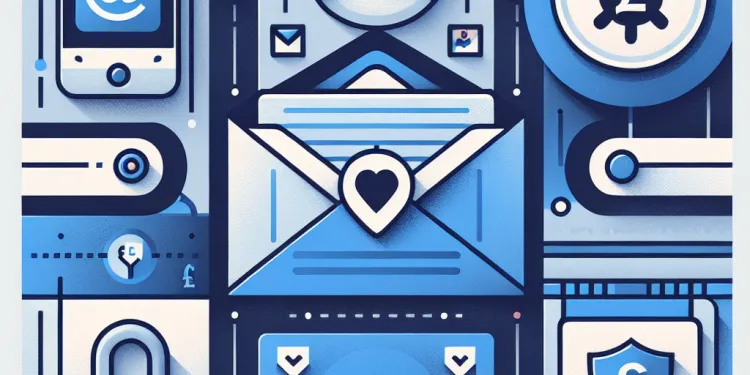
How do I know if my email has been hacked?
Relevance: 98%
-
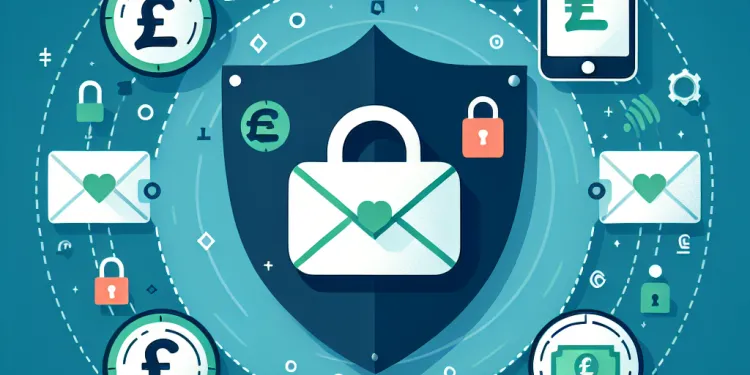
How can I secure my email after a hack?
Relevance: 96%
-
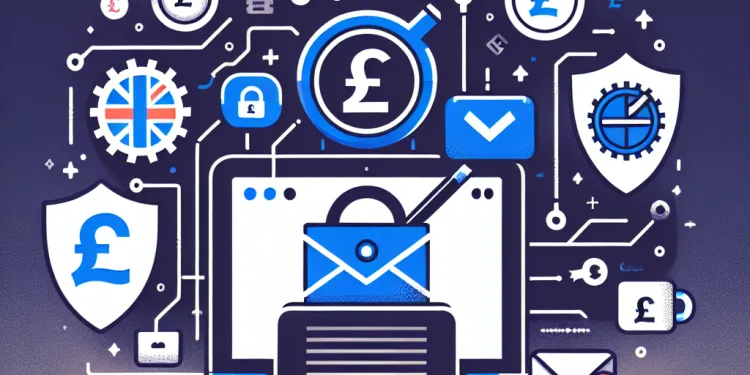
How can I recover a hacked email account?
Relevance: 95%
-
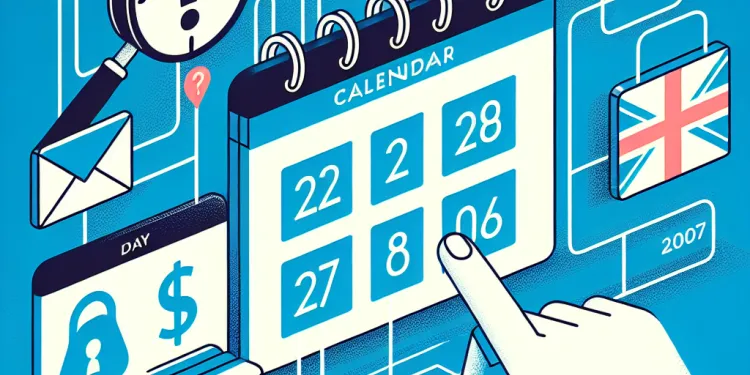
Can unexpected calendar events be a sign of a hacked email?
Relevance: 94%
-
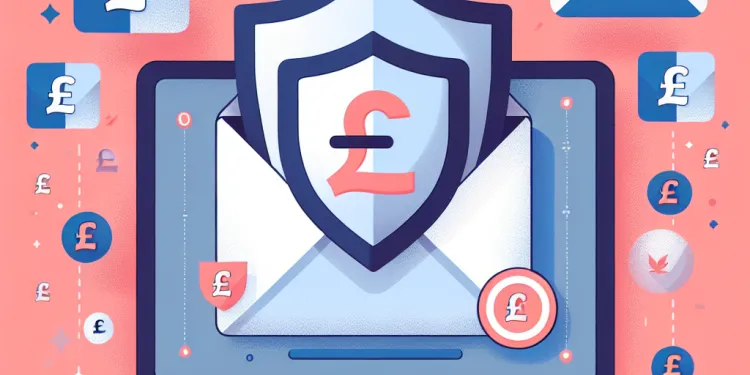
Can antivirus software protect my email from being hacked?
Relevance: 88%
-
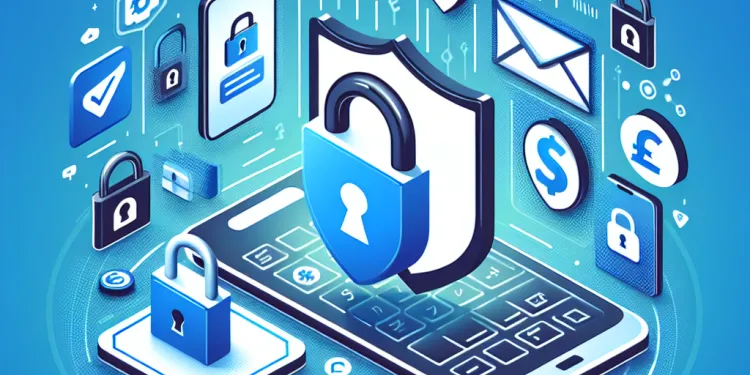
Can enabling two-factor authentication help if my email is hacked?
Relevance: 83%
-
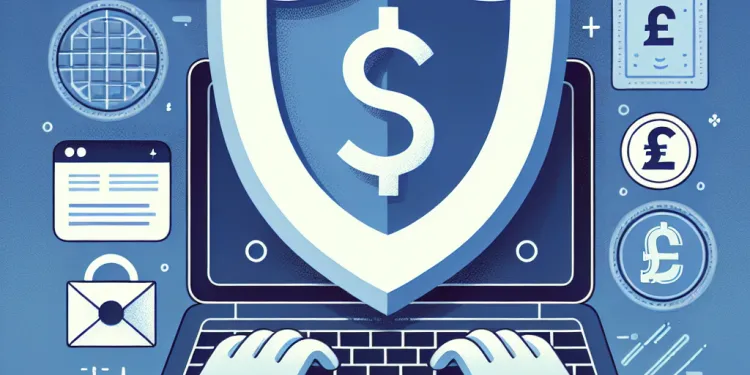
What preventive measures can I take to protect my email from being hacked?
Relevance: 74%
-
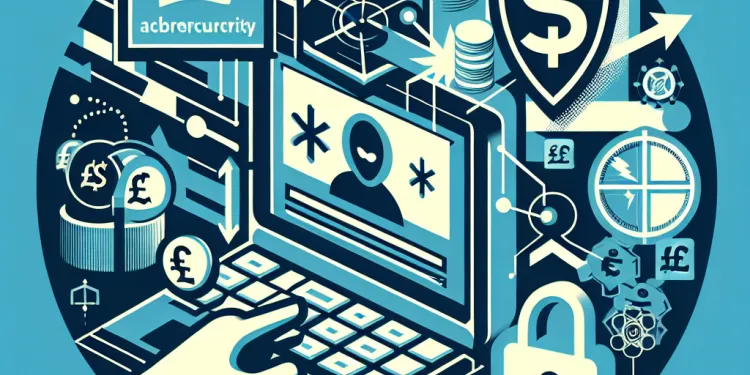
What are the risks of ignoring a hacked account?
Relevance: 65%
-
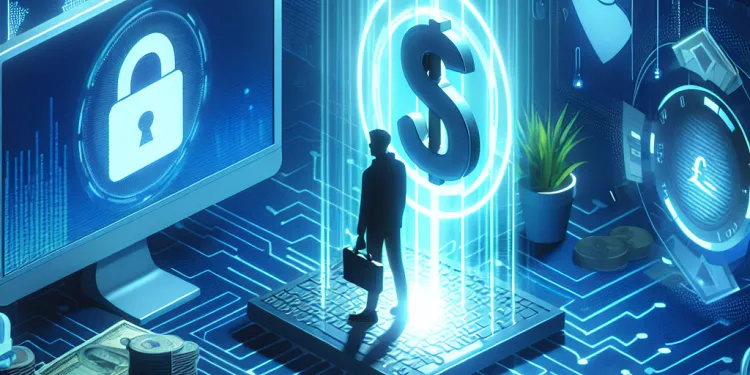
Should I report the hack to the social media platform?
Relevance: 65%
-
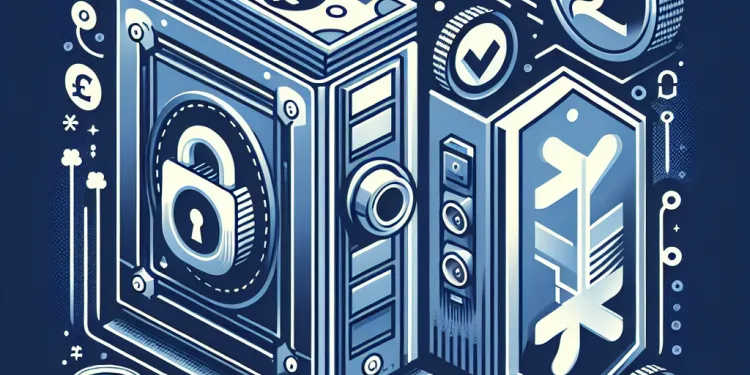
How do I know if my social media accounts have been hacked?
Relevance: 65%
-
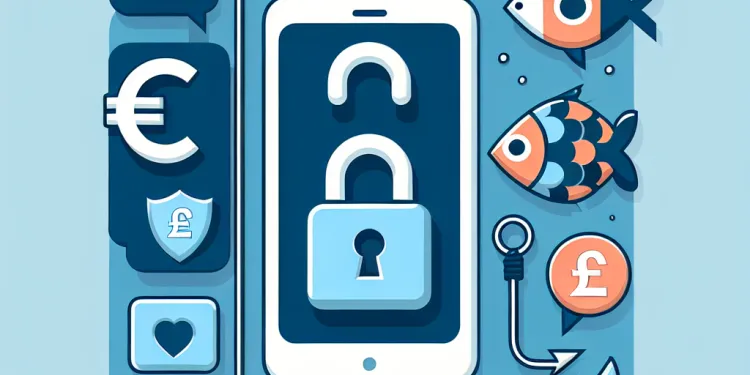
How can phishing attacks lead to social media hacks?
Relevance: 63%
-
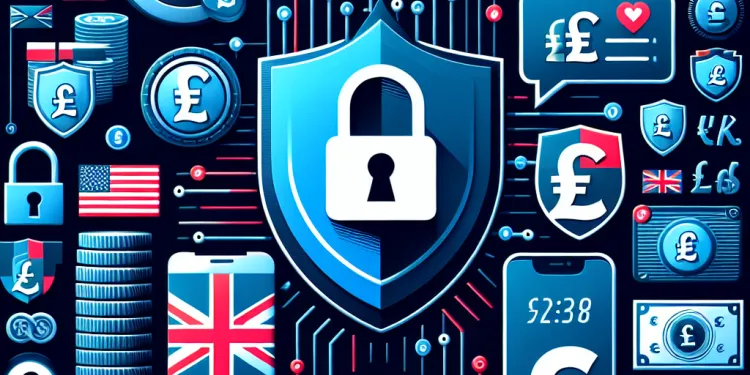
What signs indicate that my social media account might be hacked?
Relevance: 62%
-
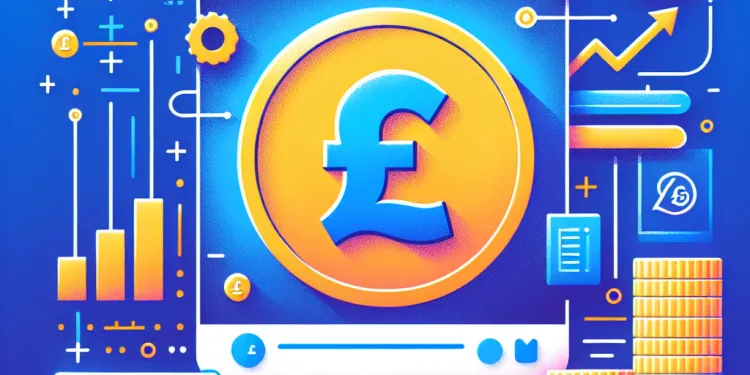
How do I know if my password has been hacked?
Relevance: 61%
-
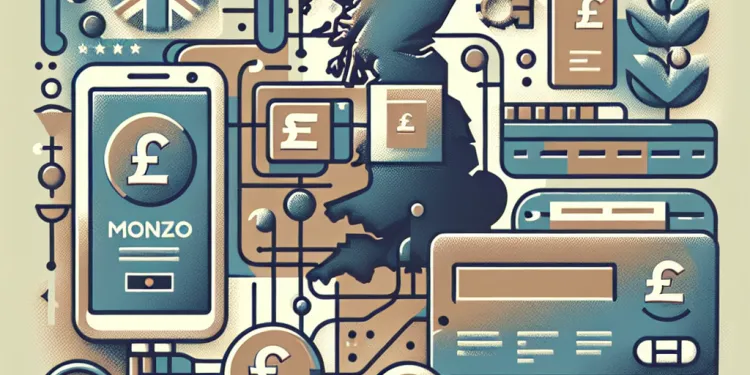
Can Monzo or Revolut accounts be hacked easily?
Relevance: 59%
-
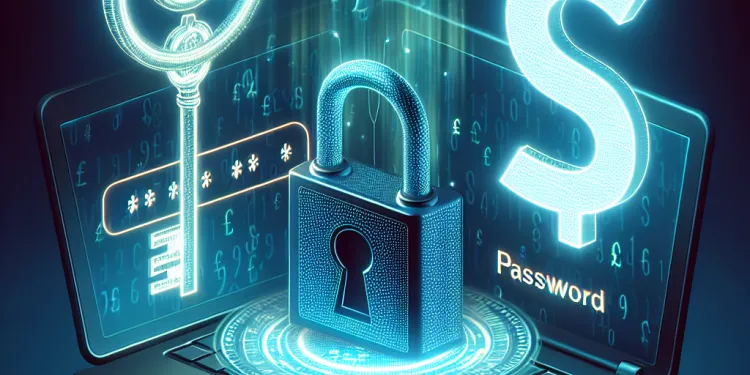
Will changing my password secure my hacked account?
Relevance: 59%
-
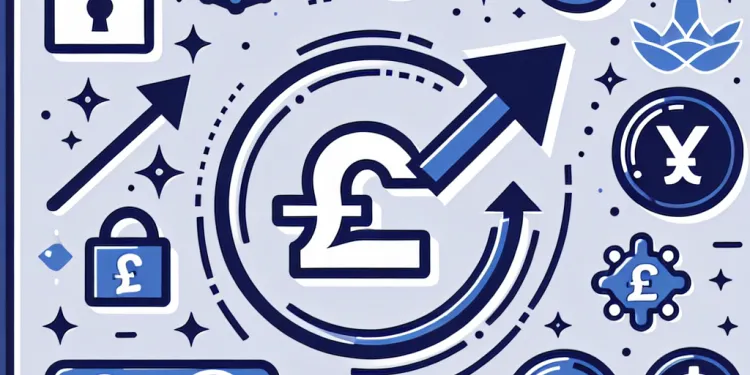
Can a sudden decrease or increase in followers indicate a hack?
Relevance: 54%
-
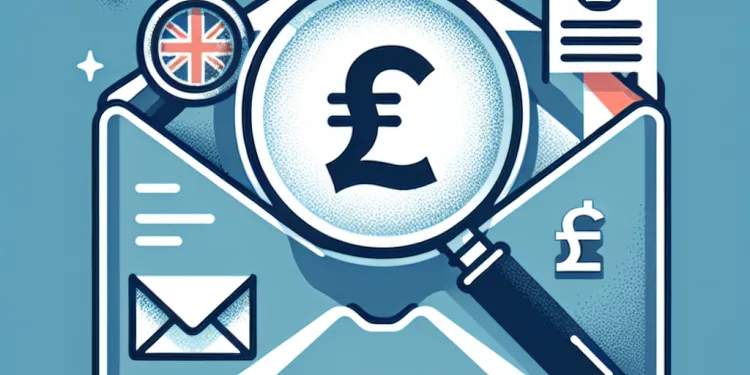
What should I do if I notice unfamiliar emails in my sent folder?
Relevance: 52%
-
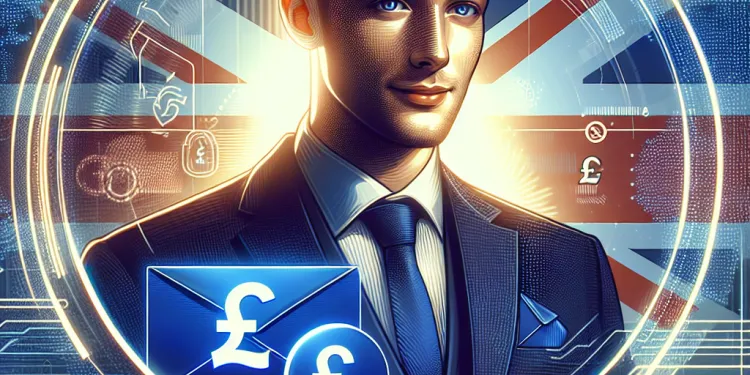
Why does my email appear to be sending spam?
Relevance: 52%
-
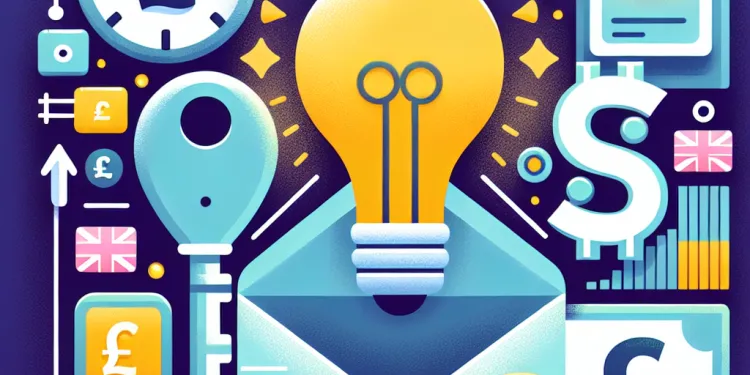
Why am I receiving password reset emails I didn't request?
Relevance: 52%
-
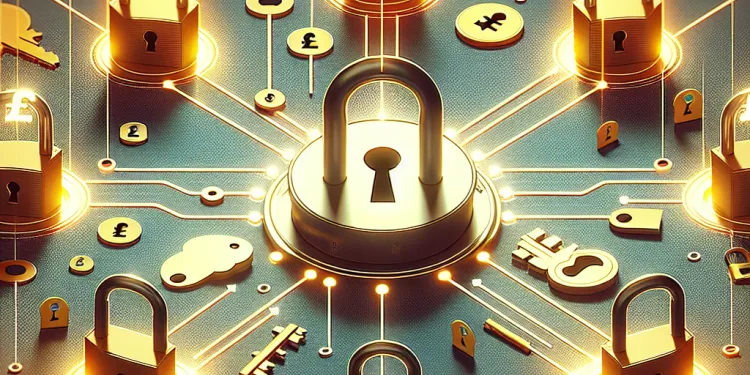
Can using the same password across accounts increase the risk of hacking?
Relevance: 51%
-
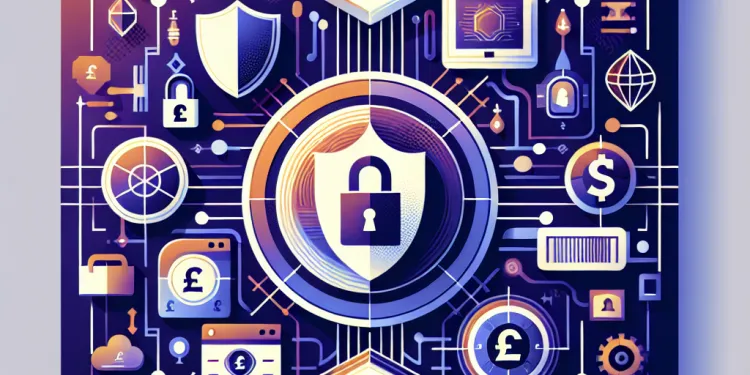
What steps can I take to prevent future hacks?
Relevance: 50%
-
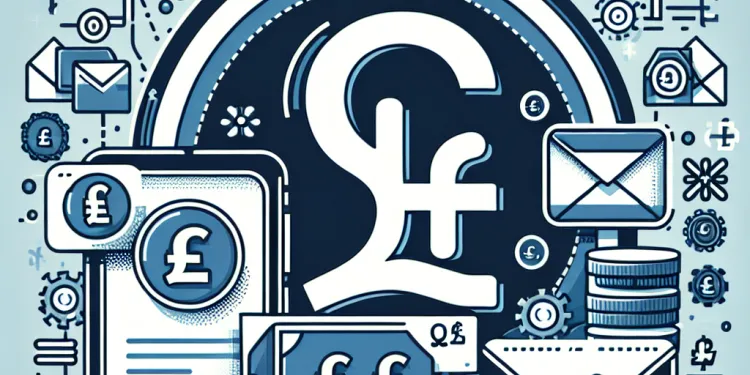
Why am I not receiving expected emails?
Relevance: 50%
-
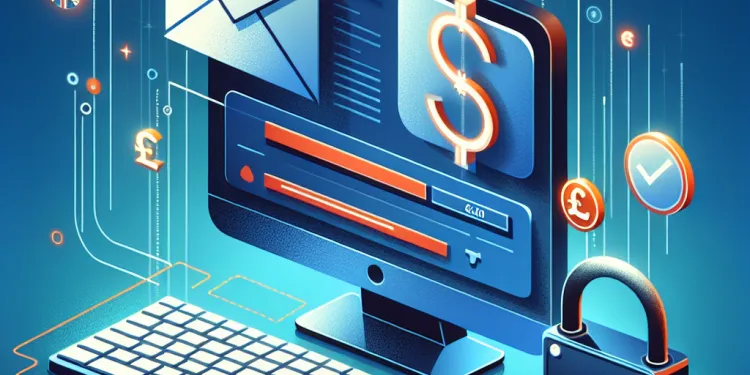
What should I do if I can't access my email account?
Relevance: 49%
-
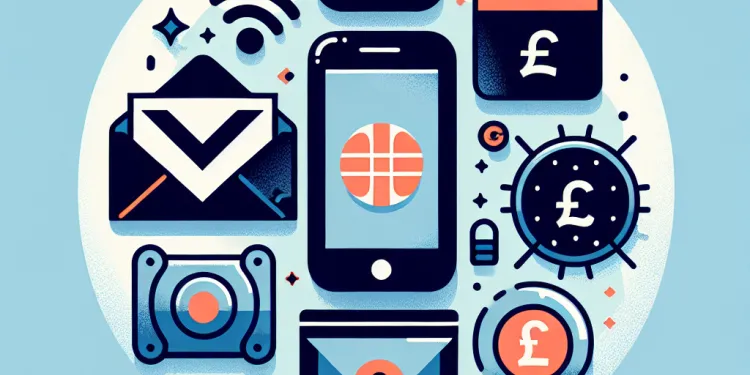
Is it safe to use public Wi-Fi to check my email?
Relevance: 48%
-
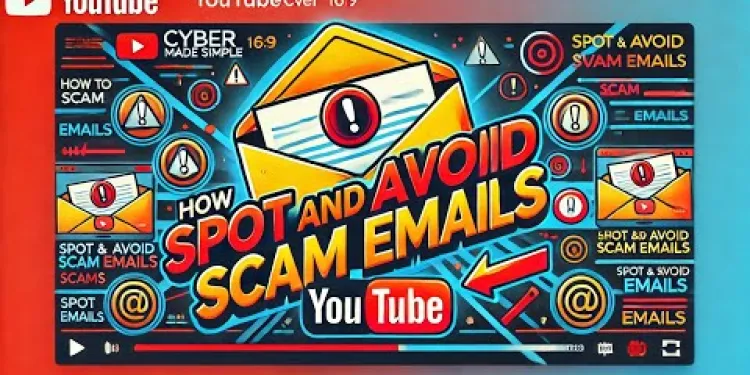
Don't Click On That Email (SPAM & SCAMS)
Relevance: 48%
-
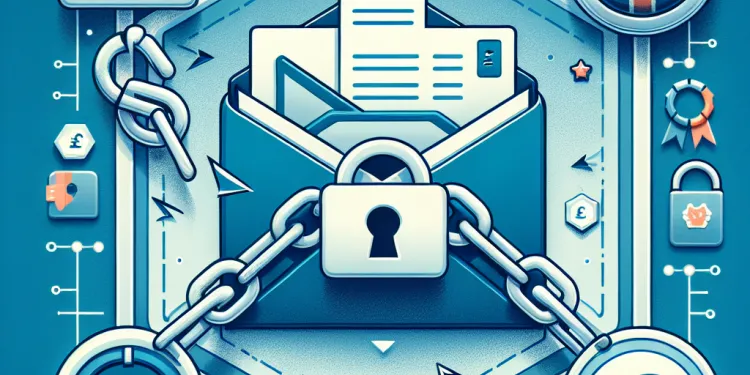
Why are emails often targeted in data breaches?
Relevance: 46%
-

Can I get updates on my immigration status via email?
Relevance: 44%
-
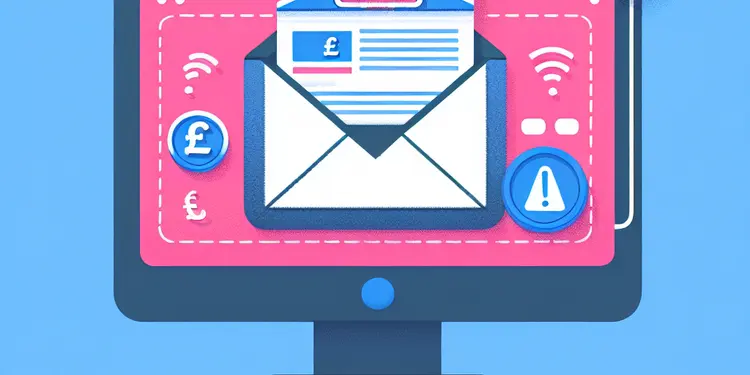
Are unsolicited emails about weight loss drugs a warning sign?
Relevance: 43%
-
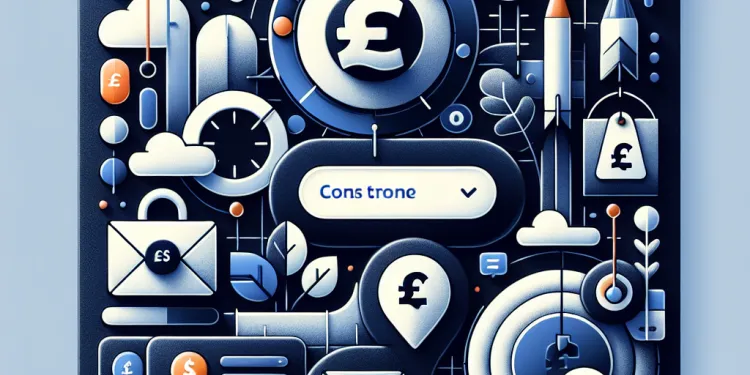
Why are there login attempts from unfamiliar locations in my email activity?
Relevance: 43%
-
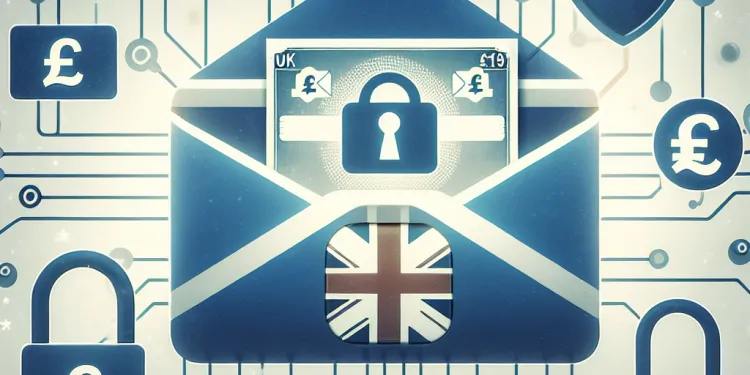
What signs indicate that my email filters may have been tampered with?
Relevance: 42%
-
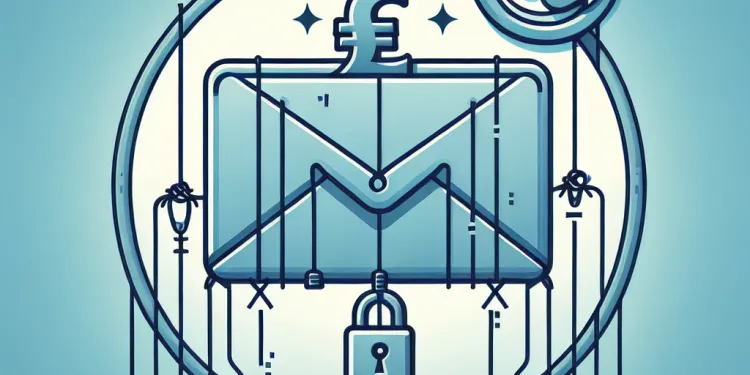
What should I do if I suspect my email has been compromised through phishing?
Relevance: 42%
-
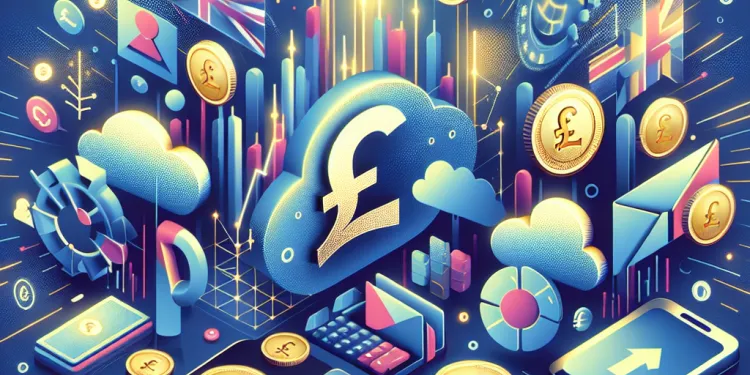
Will HMRC contact me via phone or email regarding my tax refund?
Relevance: 41%
-
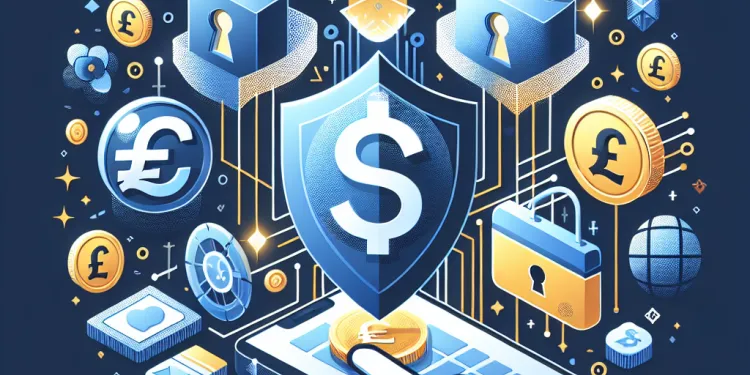
How can I check recent login activity on my email account?
Relevance: 40%
-
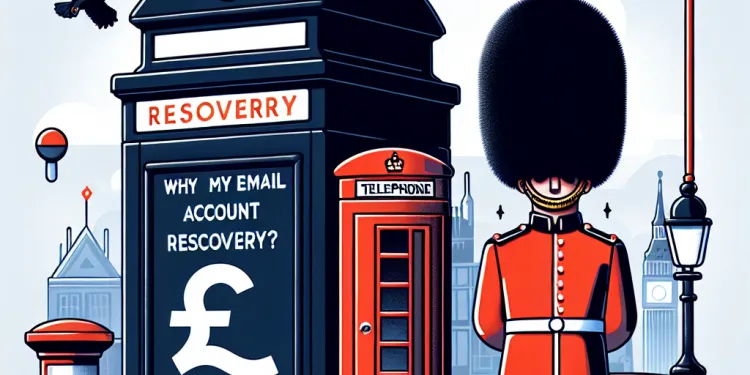
Why have my email account recovery options changed without my knowledge?
Relevance: 40%
-

How do I secure my online accounts?
Relevance: 23%
-
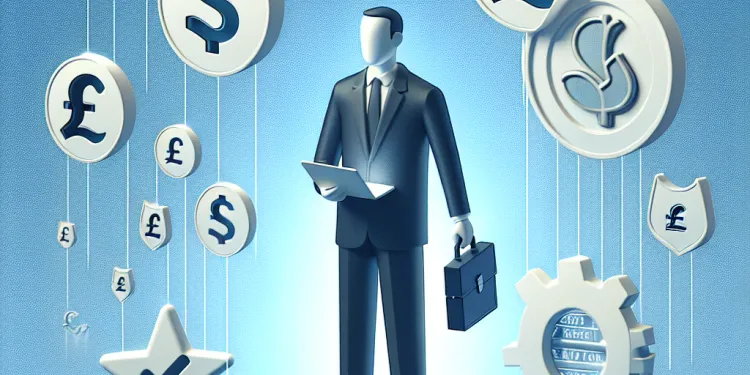
What are phishing scams?
Relevance: 21%
-
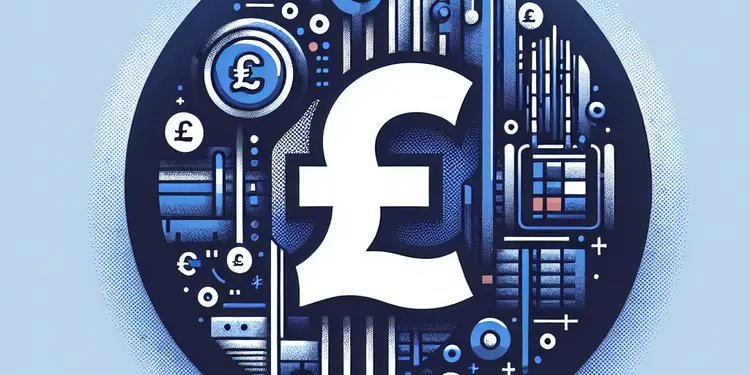
Will I get a confirmation when I file online?
Relevance: 20%
Signs That Your Email Might Be Hacked
In today’s digital age, email accounts are a prime target for hackers. Knowing the signs of a potentially hacked email can help you take quick action to secure your account. Here are some common indicators that your email might have been compromised:
Unexpected Login Activity
If you notice login attempts from strange locations or at odd times on your account's activity log, this could be a sign of a breach. Most email providers, such as Gmail or Outlook, offer a feature that displays recent login history, including the IP addresses and locations of access attempts.
Missing or Unfamiliar Emails
A hacked email may result in missing emails or the appearance of unfamiliar messages in your inbox. Hackers often delete or move important emails to cover their tracks. Additionally, if there are sent messages that you do not recognize, it is a clear indication of someone else using your account.
Password Reset Notifications
Receiving password reset emails for accounts you did not request is a strong indicator that someone may be attempting to access your accounts. Hackers often try to gain control of other linked accounts using your email to reset passwords.
Complaints from Contacts
If friends or business contacts report receiving spam or unusual emails from your address, it is likely your account has been compromised. Hackers often use gained access to send out phishing emails or spam to people in your contact list.
Unusual Account Activity
Review any unusual account activity, such as unauthorized purchases or new linked accounts, especially those that you do not remember initiating. Hackers might use your email to sign up for services, subscriptions, or even make purchases.
How to Secure Your Email
If you suspect your email has been hacked, taking prompt action is crucial. First, immediately change your password. Ensure it is strong, using a mix of letters, numbers, and symbols. Secondly, enable two-factor authentication (2FA) for an added layer of security. This will require a second form of identification before access is granted.
Update Security Settings
Check for any unusual setting changes in your account, such as forwarding rules or signature changes, which might redirect your emails to a hacker’s address. Restore these to your preference and remove any suspicious third-party application access.
Scan for Malware
Conduct a thorough scan of your devices using updated antivirus software to remove any malware that could have facilitated the hack. Malware can stealthily track keystrokes or provide backdoor access to your accounts.
Notify Your Contacts
Inform your contacts not to open any suspicious emails or links sent from your account. This can prevent them from falling victim to further phishing attacks. A quick message alerting them of the situation can help keep them vigilant.
Signs That Your Email Might Be Hacked
Today, many people use email. Hackers want to get into your email account. You need to know when your email is not safe. This helps you fix the problem quickly. Here are things to look out for:
Unexpected Login Activity
Check where and when someone logs into your email. If you see strange places or times, it might mean trouble. Gmail, Outlook, and others show you a list of recent logins. Look for places you don't know.
Missing or Unfamiliar Emails
Hackers might delete or move your emails. You might see messages that you do not remember. If you find sent emails you did not write, someone else might be using your account.
Password Reset Notifications
Did you get an email saying to reset your password when you did not ask for it? This means someone might be trying to take over your accounts. Be careful if this happens.
Complaints from Contacts
If your friends or work contacts say they got weird emails from you, your account might be hacked. Hackers can send spam to people you know. Listen to what your friends say about your emails.
Unusual Account Activity
Look for strange activities. This includes things like purchases you did not make or new accounts you don't know about. Hackers might use your email to sign up for things or buy stuff.
How to Secure Your Email
If you think someone hacked your email, act fast. First, change your password. Make it strong with letters, numbers, and symbols. Next, use two-factor authentication (2FA). This way, you need another thing besides your password to log in.
Update Security Settings
Look for unusual changes in your email settings, like email forwarding. Hackers might change these to get your emails. Set them back to normal and remove any strange apps that have access.
Scan for Malware
Use antivirus software to scan your devices. This helps find and remove any bad software. Malware can track what you type or open doors to your accounts.
Notify Your Contacts
Tell your friends not to open any strange emails or links from you. This helps keep them safe too. Send them a quick message to explain what happened.
Frequently Asked Questions
What are some signs that my email might be hacked?
Unusual activity such as password change notifications, login attempts from unfamiliar locations, or unexpected emails in your sent folder can indicate hacking.
How can I check recent login activity on my email account?
Most email services have a security or activity section where you can view recent login attempts, including location and device information.
What should I do if I notice unfamiliar emails in my sent folder?
Change your email password immediately and consider setting up two-factor authentication to secure your account.
Why am I receiving password change requests that I did not initiate?
Your account may be compromised. Change your password immediately and secure your account with additional security measures.
What is the risk of my contacts being compromised if my email is hacked?
Hackers may send spam or phishing emails to your contacts using your email address, putting them at risk.
Can unexpected calendar events be a sign of a hacked email?
Yes, hackers might add calendar events as part of phishing attempts, especially if they contain suspicious links.
Why am I not receiving expected emails?
Hackers may have set up filters to divert certain emails. Check your email settings and filters for any unauthorized changes.
What should I do if I can't access my email account?
Use the account recovery options provided by your email service and change your password once you regain access.
How can I secure my email after a hack?
Change your password and security questions, enable two-factor authentication, and review your account settings for unauthorized changes.
Can enabling two-factor authentication help if my email is hacked?
Yes, two-factor authentication adds an extra layer of security, making it harder for hackers to access your account.
What signs indicate that my email filters may have been tampered with?
Missing expected messages or finding messages in unusual folders are signs that your email filters may have been altered.
Why are there login attempts from unfamiliar locations in my email activity?
This can indicate a security breach where someone unfamiliar is attempting to access your account.
Is it safe to use public Wi-Fi to check my email?
Public Wi-Fi can be risky; avoid accessing sensitive accounts unless you use a secure connection like a VPN.
What should I do if I suspect my email has been compromised through phishing?
Immediately change your password, enable two-factor authentication, and review your account for unauthorized activity.
Why does my email appear to be sending spam?
This is a common sign of being hacked; change your password and review your account settings immediately.
How can I recover a hacked email account?
Follow the recovery process provided by your email provider, often found on their help or support page.
Why have my email account recovery options changed without my knowledge?
A hacker may have altered these to prevent you from regaining access. Check your account settings and update them.
Should I contact my email provider if I suspect hacking?
Yes, contacting your email provider can help you regain control and protect your account from further abuse.
What preventive measures can I take to protect my email from being hacked?
Use strong, unique passwords, enable two-factor authentication, and be cautious of phishing attempts.
Can antivirus software protect my email from being hacked?
Antivirus software can help protect against some threats, but additional precautions like strong passwords and two-factor authentication are also necessary.
How can I tell if someone is using my email without my permission?
If someone hacks your account, you might notice things like:
- Messages saying your password was changed.
- Someone tried to log in from a place you don't know.
- Emails you didn't send are in your "sent" folder.
If you see these signs, you might need help. Ask a trusted adult or friend. You can also use tools like password managers. They help keep your passwords safe and remind you to change them often.
How can I see who signed into my email recently?
Here is a simple way to find out when and where someone used your email:
- Open your email account. You might need to type your username and password.
- Look for "Settings" or "Options." This is where you can change things about your account.
- Find the part that says "Security" or "Privacy."
- Look for "Recent activity" or "Login history." This will show you times when someone used your email.
If you see something strange, like a time you didn't sign in, you should change your password to keep it safe.
If you need help, ask a friend, family member, or use a screen reader to guide you.
Most email apps have a safety section. Here, you can see who tried to log in. It also shows where they were and what device they used.
What to Do if You See Emails You Didn't Send
If you find emails in your sent folder that you didn't write, you should:
- Change your email password to something new and strong.
- Check for any other strange activity in your email account.
- Tell someone you trust about the problem, like a parent or friend.
- Use security tools to check your computer for viruses.
Change your email password right away. You can also make your email safer by using something called two-factor authentication. This is like adding an extra lock to your door.
Why am I getting messages to change my password when I didn't ask?
Your account might not be safe. Change your password right away. Use extra security tools to keep your account safe.
What happens to my contacts if someone breaks into my email?
If someone gets into your email, they might see the email addresses of your friends and family. This means they could send them messages pretending to be you.
Here’s how you can protect your contacts:
- Use a strong password. Make sure it is hard to guess.
- Change your password often.
- Tell your friends if your email gets hacked, so they know to be careful.
- Use tools like password managers to remember passwords for you.
- Make sure your email has two-step verification. This means you need a code from your phone to sign in.
Bad people called hackers can use your email to send trick emails to your friends. This can be dangerous for your friends.
Is Your Email Hacked if You See Strange Calendar Events?
Do you see odd events in your calendar?
This might mean someone got into your email without asking.
Here are some tips:
- Check if you know the event.
- Ask a friend or family member if they sent it.
- Change your email password to keep it safe.
You can also use tools that help keep your email safe.
Yes, bad people called hackers can add things to your calendar. They do this to try and trick you. They might put links in the calendar that you should not click.
Why am I not getting the emails I thought I would?
Someone might have changed your email to send certain messages somewhere else. Look at your email settings to see if anyone changed anything without you knowing.
What to do if you can't get into your email?
If you can't open your email, try these steps:
- Check if your internet is working.
- Make sure you are using the right username and password.
- If you forgot your password, click "Forgot Password?" to reset it.
- Ask a friend or family member for help if you still can't log in.
Tools like screen readers can help if reading is hard. You can also use apps that read text out loud.
If you can't get into your email, use the help tools from your email company to get back in. Change your password once you can log in again.
How can I keep my email safe after a hack?
Here are some simple steps to make your email safe again:
- Change your email password to a new one. Make it strong with letters, numbers, and symbols.
- Tell your friends not to click any strange links they might get from you.
- Turn on something called "Two-Factor Authentication" (2FA). This gives your account extra security. You might get a code on your phone when you log in.
- Check your email settings. Make sure nothing was changed there, like email forwarding.
- Run a virus scan on your computer to make sure it’s safe.
- If you need help, ask a trusted adult or find a support tool to guide you.
Make a new password, answer new security questions, turn on two-factor authentication, and check your account settings to see if anything has been changed without you knowing.
Can two-factor authentication help if someone hacks my email?
Yes, it can help! Two-factor authentication (2FA) adds an extra lock to your email. Even if someone knows your password, they still need the extra code to get in.
How does it work?
- First, you enter your password.
- Then, you get a code on your phone or another device.
- You enter this code to see your emails.
Helpful tools:
- Use an app like Google Authenticator or Authy for codes.
- Ask someone you trust to help set up 2FA.
Yes, two-factor authentication helps keep your account safe. It makes it harder for bad people to get in.
How can I tell if someone changed my email filters?
Here are some things you can look for:
- You don't get emails you expect to see.
- Emails go to the wrong folder.
- Your spam folder has emails that are not spam.
- Filter settings look different from how you left them.
If you think something is wrong, ask someone you trust for help. You can also use tools like spell check and text-to-speech to help understand your emails better.
If you can’t find your emails, or they are in the wrong place, your email filters might have changed.
Why do I see strange places trying to log into my email?
Sometimes, you might see places you don't know trying to get into your email. Here are some reasons why this can happen:
- Traveling: If you're on vacation or using your email in a new place, it might look like someone else is logging in.
- Shared Devices: Using your email on a friend's or public computer can show a different location.
- VPNs: Some apps or websites make it look like you're in a different place.
- Security: Someone might be trying to get into your account without asking you.
To keep your email safe, you can try these things:
- Strong Passwords: Use a password that's hard to guess.
- Two-Step Verification: This means you need two things to log in, like a password and a phone code.
- Change Your Password: If you think someone is trying to get in, change your password right away.
- Keep Updated: Make sure your computer and phone have the latest updates for safety.
This means someone you don't know might be trying to get into your account.
Is it okay to use public Wi-Fi to check my email?
When you use public Wi-Fi, like in a café or library, it might not be safe. Other people can see what you do online.
Here are some tips to keep your email safe:
- Use a VPN. This is an app that makes your internet more private.
- Check for "https" at the start of the website address. This means the website is safer.
- Use a strong password for your email.
- Try to check your email on your phone's mobile data instead of public Wi-Fi.
These tips can help keep your email safe when you are out.
Using public Wi-Fi can be risky. Don't log into important accounts unless you have a safe connection, like a VPN. A VPN protects your information. You can learn more about VPNs online, or ask someone you trust.
What should I do if I think someone hacked my email with a trick?
If you think your email has been hacked, don't panic. Here are some simple steps you can take to fix it:
- Change your password: Make a new, strong password that others can't guess easily.
- Tell someone you trust: Let a parent, teacher, or friend know about the problem.
- Use a tool: Some websites can help you check if your email is safe.
- Be extra careful: Watch out for strange emails and don't click on links you don't know.
These steps can help keep your email safe!
Change your password right away. Turn on two-factor authentication. Check your account to make sure no one else has used it without your permission.
Why is my email sending bad messages?
If your email is sending bad messages to people, it could be a problem. Here are some simple things to check:
- Check for Viruses: Use a computer tool to look for bad software or viruses on your device.
- Change Your Password: Make a new secret word for your email. Make it strong with letters and numbers.
- Ask for Help: Talk to someone who knows about computers. They can help fix the problem.
It is important to keep your email safe. Tell an adult if you need help.
Sometimes bad people can get into your accounts. If you think this happened, change your password right away. Also, check your account settings to make sure everything is okay.
What to Do if Someone Hacks Your Email?
Get help from your email company to fix your email. Look on their website for help or support.
Why Did My Email Account Recovery Choices Change Without Me Knowing?
Sometimes, your email recovery info can change. This might happen if:
- Your email company made updates to keep your account safe.
- Someone else changed your info without asking you.
If you’re confused, here are some steps you can take:
- Check your email settings to see what's new.
- If you think someone else changed it, tell your email company right away.
- Make your password strong and secret to keep your email safe.
Helpful tools:
- Get help from a friend or family member if you're not sure what to do.
- Use pictures to help understand your email settings.
A bad person who changes things on your computer might have changed your settings. This can stop you from getting back into your account. Look at your account settings. Make sure they are right and change them if you need to.
Should I tell my email company if I think someone is hacking me?
If you think someone is trying to get into your email without asking, it's a good idea to get help. Tell your email company what is happening. They can help make your email safe again.
Here are some tips that can help:
- Change your email password to something new and strong.
- Use tools that help keep your email safe, like two-step checks. This means you get a code on your phone to make sure it's you.
- Ask a friend or family member for help if you find it difficult.
Yes, you can call or email your email company. They can help you get back into your account and keep it safe.
How can I keep my email safe from hackers?
Here are some easy steps to keep your email safe:
- Use a strong password: Make a password with letters, numbers, and symbols.
- Change your password often: Update your password every few months.
- Enable two-factor authentication: This is like a double lock. It uses your phone to keep your email extra safe.
- Do not open strange emails: If you do not know who sent the email, do not click on any links or open emails.
- Use a password manager: This is a tool that helps you remember and store your passwords safely.
You can ask someone you trust for help or use tools like voice assistants to read the steps to you.
Use strong and different passwords for each account. Turn on extra security steps, like two-step login. Be careful of fake emails and messages trying to trick you.
Can antivirus software keep my email safe from hackers?
Antivirus software can help keep your computer safe from bad programs that might try to get your email. But it's not perfect.
Here are some ways to keep your email safe:
- Use strong passwords. Make your password long and use numbers and symbols.
- Change your password often. This makes it harder for bad people to guess it.
- Use two-step verification. This means you need something extra, like a code on your phone, to log in.
- Be careful with emails from people you don’t know. They might try to trick you into giving your info.
Try using password managers to remember your passwords. It's a safe way to store them.
Antivirus software helps keep your computer safe from bad things. But you also need strong passwords and something called two-factor authentication to stay safe.
Useful Links
This website offers general information and is not a substitute for professional advice.
Always seek guidance from qualified professionals.
If you have any medical concerns or need urgent help, contact a healthcare professional or emergency services immediately.
Some of this content was generated with AI assistance. We’ve done our best to keep it accurate, helpful, and human-friendly.
- Ergsy carfully checks the information in the videos we provide here.
- Videos shown by Youtube after a video has completed, have NOT been reviewed by ERGSY.
- To view, click the arrow in centre of video.
- Most of the videos you find here will have subtitles and/or closed captions available.
- You may need to turn these on, and choose your preferred language.
- Go to the video you'd like to watch.
- If closed captions (CC) are available, settings will be visible on the bottom right of the video player.
- To turn on Captions, click settings .
- To turn off Captions, click settings again.
More Items From Ergsy search
-

What are some signs that my email might be hacked?
Relevance: 100%
-

What is the risk of my contacts being compromised if my email is hacked?
Relevance: 99%
-

Should I contact my email provider if I suspect hacking?
Relevance: 98%
-

How do I know if my email has been hacked?
Relevance: 98%
-

How can I secure my email after a hack?
Relevance: 96%
-

How can I recover a hacked email account?
Relevance: 95%
-

Can unexpected calendar events be a sign of a hacked email?
Relevance: 94%
-

Can antivirus software protect my email from being hacked?
Relevance: 88%
-

Can enabling two-factor authentication help if my email is hacked?
Relevance: 83%
-

What preventive measures can I take to protect my email from being hacked?
Relevance: 74%
-

What are the risks of ignoring a hacked account?
Relevance: 65%
-

Should I report the hack to the social media platform?
Relevance: 65%
-

How do I know if my social media accounts have been hacked?
Relevance: 65%
-

How can phishing attacks lead to social media hacks?
Relevance: 63%
-

What signs indicate that my social media account might be hacked?
Relevance: 62%
-

How do I know if my password has been hacked?
Relevance: 61%
-

Can Monzo or Revolut accounts be hacked easily?
Relevance: 59%
-

Will changing my password secure my hacked account?
Relevance: 59%
-

Can a sudden decrease or increase in followers indicate a hack?
Relevance: 54%
-

What should I do if I notice unfamiliar emails in my sent folder?
Relevance: 52%
-

Why does my email appear to be sending spam?
Relevance: 52%
-

Why am I receiving password reset emails I didn't request?
Relevance: 52%
-

Can using the same password across accounts increase the risk of hacking?
Relevance: 51%
-

What steps can I take to prevent future hacks?
Relevance: 50%
-

Why am I not receiving expected emails?
Relevance: 50%
-

What should I do if I can't access my email account?
Relevance: 49%
-

Is it safe to use public Wi-Fi to check my email?
Relevance: 48%
-

Don't Click On That Email (SPAM & SCAMS)
Relevance: 48%
-

Why are emails often targeted in data breaches?
Relevance: 46%
-

Can I get updates on my immigration status via email?
Relevance: 44%
-

Are unsolicited emails about weight loss drugs a warning sign?
Relevance: 43%
-

Why are there login attempts from unfamiliar locations in my email activity?
Relevance: 43%
-

What signs indicate that my email filters may have been tampered with?
Relevance: 42%
-

What should I do if I suspect my email has been compromised through phishing?
Relevance: 42%
-

Will HMRC contact me via phone or email regarding my tax refund?
Relevance: 41%
-

How can I check recent login activity on my email account?
Relevance: 40%
-

Why have my email account recovery options changed without my knowledge?
Relevance: 40%
-

How do I secure my online accounts?
Relevance: 23%
-

What are phishing scams?
Relevance: 21%
-

Will I get a confirmation when I file online?
Relevance: 20%


